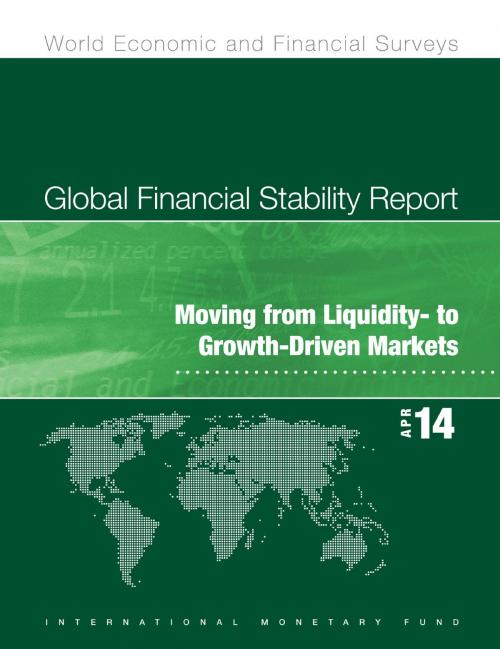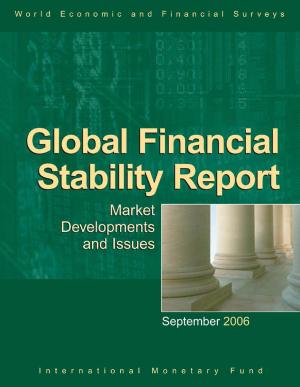Global Financial Stability Report, April 2014: Moving from Liquidity- to Growth-Driven Markets
Business & Finance, Economics, International Economics, Finance & Investing, Banks & Banking, Finance| Author: | International Monetary Fund | ISBN: | 9781475577662 |
| Publisher: | INTERNATIONAL MONETARY FUND | Publication: | April 9, 2014 |
| Imprint: | INTERNATIONAL MONETARY FUND | Language: | English |
| Author: | International Monetary Fund |
| ISBN: | 9781475577662 |
| Publisher: | INTERNATIONAL MONETARY FUND |
| Publication: | April 9, 2014 |
| Imprint: | INTERNATIONAL MONETARY FUND |
| Language: | English |
The April 2014 Global Financial Stability Report finds that, despite much progress, the global financial system remains in a transitional period with stability conditions far from normal. Advanced and emerging market economies alike need to make a successful shift from liquidity- to growth-driven markets, which will require a number of elements, including a normalization of U.S. monetary policy; financial rebalancing in emerging markets; further progress in the euro area integration; and continued implementation of “Abenomics” in Japan. This report also examines how changes in the investor base and financial deepening affect emerging market economies as well as looks at the issue of banks considered too important to fail, providing new estimates of the implicit funding subsidy these banks receive.
The April 2014 Global Financial Stability Report finds that, despite much progress, the global financial system remains in a transitional period with stability conditions far from normal. Advanced and emerging market economies alike need to make a successful shift from liquidity- to growth-driven markets, which will require a number of elements, including a normalization of U.S. monetary policy; financial rebalancing in emerging markets; further progress in the euro area integration; and continued implementation of “Abenomics” in Japan. This report also examines how changes in the investor base and financial deepening affect emerging market economies as well as looks at the issue of banks considered too important to fail, providing new estimates of the implicit funding subsidy these banks receive.















